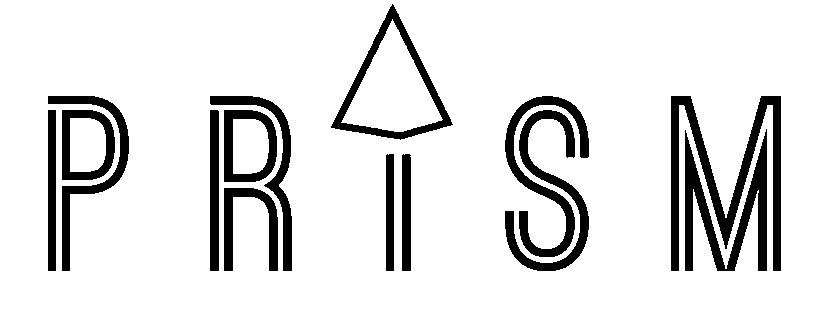improve heart health
- Karla Hollan

- Feb 1, 2022
- 3 min read
Updated: Feb 1, 2022

American Heart month is upon us and we all have something at our fingertips that can help our heart. It is something that also offers vitality to additional systems and organs of the human body. It is meditation and/or mindfulness.
Techniques that teach the art of mindfulness as well as meditation practices are proven to lower hypertension (please see scientific references below). Hypertension, or high blood pressure, is by far the most important modifiable risk factor for premature heart disease. According to The American Heart Association, hypertension accounts for 54 percent of all strokes and 47 percent of all ischemic cardiovascular events worldwide.
There are two reasons that meditation or mindfulness, when practiced regularly, will decrease hypertension. One is the by-product of more efficient respiration when practicing sitting still, honing the mind, and relaxing. With better breathing, the proper gas exchange within the cellular matrix of our body creates a balance and reduces plaque and artery build-up.
The second reason is that the body experiences the "relaxation response"(RR) from the parasympathetic nervous system. This response is the polar opposite of what happens to our body/brain when we are in "fight or flight", anxiety filled situations. Dr. Herbert Benson and his Harvard Medical School research team were the first to show in the 1960's how the RR was something that one could consciously use to alter emotional and physical stress/anxiety. They found remarkable decline in the markers of brain/body stress when providing certain RR techniques. Many research studies continued in the last sixty years concluded that some yoga practices, true diaphragmatic breathing, and successful meditation/mindfulness routines improve cardiovascular health.
Also, the latest studies confirm the association between oxygen consumption and nitric oxide production during the RR. This shows the importance of breath mechanics. In addition, specific transcriptome changes that have to do with inflammation, insulin secretion, and energy metabolism show detailed improvements in studies using RR techniques. This shows how many systems of the human body benefit from triggering the RR.
Poor heart health is closely related to the onset of diabetes, lung diseases, and a compromised nervous system. A new found practice of efficient breath patterns, mindfulness techniques and an intention to add meditation to your daily routine will no doubt promote a healthy heart, mind, and body. We are available to help you learn more about your own relaxation response.
REFERENCES: 1-Lawes CM, Vander Hoorn S, Rodgers A; International Society of Hypertension. Global burden of blood-pressure-related disease. Lancet. 2008 May 3;371(9623):1513-8 doi: 10.1016/S0140-6736(08)60655-8. PMID: 18456100.
2- Bhasin MK, Denninger JW, Huffman JC, et al. Specific Transcriptome Changes Associated with Blood Pressure Reduction in Hypertensive Patients After Relaxation Response Training.J Altern Complement Med. 2018 May;24(5):486-504. doi: 10.1089/acm.2017.0053. Epub 2018 Apr 4. PMID: 29616846; PMCID: PMC5961875.
3- Dusek JA, Chang BH, Zaki et al. Association between oxygen consumption and nitric oxide production during the relaxation response. Med Sci Monit. 2006 Jan;12(1):CR1-10. Epub 2005 Dec 19. PMID: 16369463.
4- Bhasin MK, Dusek JA, Chang BH, et al. Relaxation response induces temporal transcriptome changes in energy metabolism, insulin secretion and inflammatory pathways. PLoS One. 2013 May 1;8(5):e62817. doi: 10.1371/journal.pone.0062817. Print 2013.
5- Chaddha A, Modaff D, Hooper-Lane C, et al. Device and non-device-guided slow breathing to reduce blood pressure: a systematic review and meta-analysis. Complementary Therapies in Medicine. 2019;45:179-184 Review Med Sci Monit 2003 Feb;9(2):RA23-34.
6- Esch T, Fricchione GL, Stefano GB. The therapeutic use of the relaxation response in stress-related diseases. Med Sci Monit. 2003 Feb;9(2):RA23-34 PMID: 12601303.
7- Bergland, C. (2012 Jan). Let's not get panicky: A drug-free prescriptive to reduce stress. Psychology Today. https://www.psychologytoday.com/us/blog/the-athletes-way/201201/lets-not-get-panicky





Comments